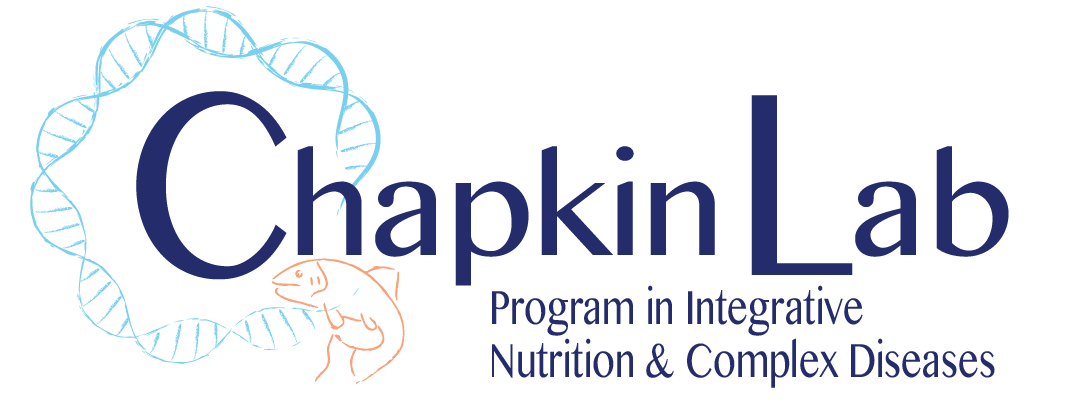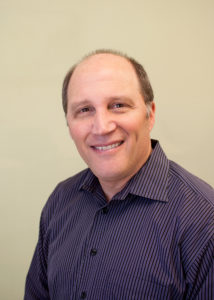 Gabriella Webster, member of Chapkin Lab has been offered a position in the Biochemistry Undergraduate Research Program. Gabriella will participate in a 10-week summer research program as part of her continued research training in the Chapkin lab. “Her research will focus on using super-resolution microscopy to probe the molecular mechanisms by which dietary/microbial bioactives alter protein and lipid nanoclustering in cell membranes.”
Gabriella Webster, member of Chapkin Lab has been offered a position in the Biochemistry Undergraduate Research Program. Gabriella will participate in a 10-week summer research program as part of her continued research training in the Chapkin lab. “Her research will focus on using super-resolution microscopy to probe the molecular mechanisms by which dietary/microbial bioactives alter protein and lipid nanoclustering in cell membranes.”
Students will have weekly meetings, which allows them to explore research opportunities, discussing research ethics, and learn effective oral and written presentation skills. Financial support will include a stipend of $5500, in addition to living expenses on campus, and some assistance with travel expenses.
Congratulations Gabriella!





